This post was originally published on the Voices for Equity blog. Conceived by internationally recognized speaker Julie S. Lalonde, Voices for Equity is a collaboration with violence prevention speaker Kevin Vowles and represents speakers with diverse backgrounds, extensive knowledge, rich personal narratives and the capacity to connect with a wide range of audiences. Many Voices for Equity speakers are survivors of violence and they’re willing to share their experiences to help create safer spaces.
Being authentic about the ways in which we may have perpetuated harm in the world is something that can move the conversation about ending violence against women and girls forward. It’s not something anyone can claim that they are really comfortable doing. When I’m called to do it, I feel awkward, shy, vulnerable and even fearful.
I was giving a workshop about a year ago when a young man astutely asked me (after I went through the consent checklist), ‘So this consent stuff, did you practice it when you were our age?’ For a moment I stood there like a deer in the headlights, and replied, “No, I didn’t.”
I went on to (and often do now) explain it like this: We didn’t grow up being told that we needed to ask permission to touch someone’s body. In fact we grew up in the opposite kind of culture, where people’s body autonomy was constantly being violated, through ‘rough-housing’, fist fights, getting kicked in the nuts, and other bizarre, disturbing, traumatizing sports based hazing rituals. When it came to sexuality, we were taught to read people’s body language as a signal about whether or not someone wanted to engage. I’m quite confident that no one ever felt violated because I can remember stopping when I could tell someone wasn’t into it, and I was more concerned with how they felt than how I felt. The truth though is that I just can’t say for sure, and that’s why a verbal yes is now the imperative. We know that often women and girls will not speak out when they want to say no, because of the gender norms they learn that indicate they should be passive, quiet, and available. Consent is essential for the formation of healthy relationships and people.
Consent doesn’t just start with intimate relationships though. It begins at a young age. I will often share that when I dated a partner who had kids, we wrestled a fair bit. Before engaging in wrestling with the kids I insisted that there were two rules: We ask permission before initiating contact, and we always stop when someone says stop. Consent needs to begin between friends at an early age. Empathy, and respect for body autonomy needs to start in the sandbox.
The question is not one of motivation. I believe young men don’t want the rape culture they are inheriting. They want to see women and girls (and each other) respected. Rather I think consent is difficult because of the overwhelming emotions often associated with practicing it.
Building emotional intelligence (the idea that we know what we are feeling and can articulate it) is great for growing meaningful communication skills for intimate relationships. It’s the beginning of consent and consent is the foundation of healthy relationships. If we are not self-aware enough to know the emotional blockages to engaging in consent, we can’t go through them.
Youth have taught me a lot about this. They consistently tell me that it would feel awkward, embarrassing and scary to ask someone if they can hold their hand. I ask why. They tell me that they are afraid of rejection. I ask how they might feel if someone did something they didn’t want to do because they didn’t ask. They say ashamed, regretful and embarrassed. And then I ask the million dollar question. Amidst the rape culture we have been talking about, in which fear of violence is the lived reality for most women and girls, how might they feel if they know consent is important to a young man they are hanging out with. The universal answer is safe and respected. It’s a light-bulb moment if ever there was one.
The other big issue that emerges pertains to alcohol. Youth readily indicate that most ‘hook-ups’ occur during or after partying where drugs and or alcohol are present. Legally we teach that consent cannot be obtained if someone is intoxicated. Does that mean that every time two people ‘hook-up’ and there’s alcohol involved that someone feels violated/sexually assaulted? Not always, but it’s very possible. I want to advance this work using ’empathy-centred’ approaches, and stress that it’s not safe to engage in sex if someone’s intoxicated because the reality is that someone may feel violated and this can lead to long-term mental health impacts for survivors. The reason for this is that alcohol drops our inhibitions, and causes us to do things we might not otherwise do.
I’m continually inspired to do the work of building consent culture, because I see youth are hungry for the teachings. They are confused about the rape culture and patriarchy they’ve inherited, and want a road map for their journey. As per usual I’ve learned way more than I’ve taught. I’m grateful for that, and for the opportunity to be a part of the conversation on consent and emotional intelligence with youth.
Learn More:
- The #MeToo Movement Hasn’t Led To A Better Understanding Of Consent
- When it comes to consent, we all need to go back to school
- Engaging Men and Boys in Gender Equality: Q&A with Kevin Vowles
Take Action:
- Sign up for our e-newsletter to have our latest stories and resources sent to your inbox.
- Follow us on Facebook and Twitter to join a national conversation about gender equality.
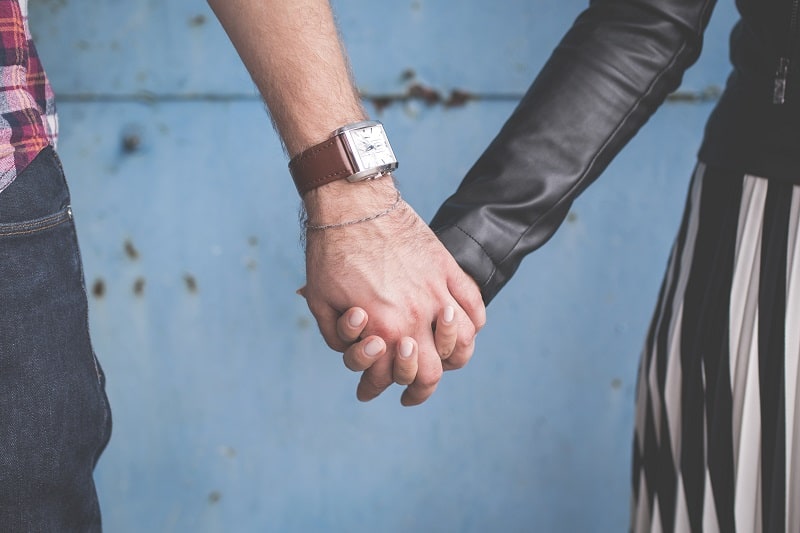
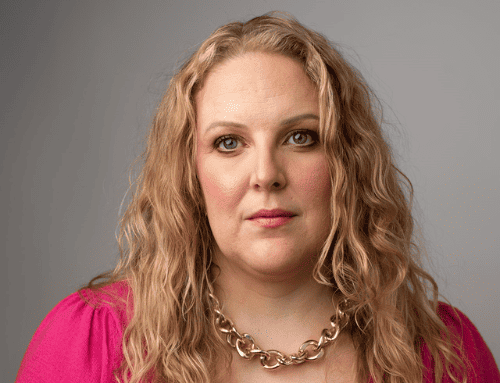
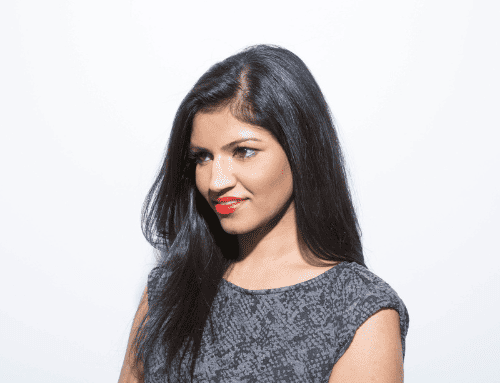
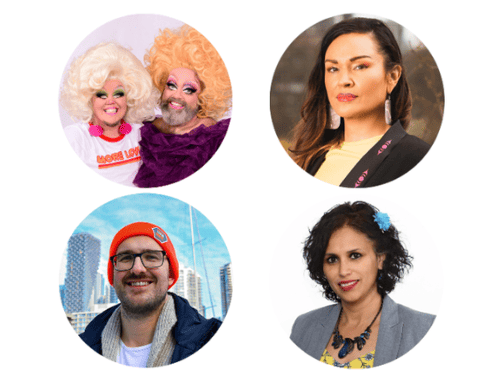
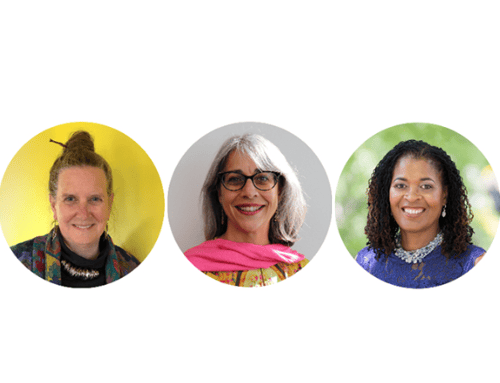


KEvin spoke to CFUW Etobicoke when I was co chair of Program….about two years ago. His message then was right on and this article articulates so clearly the healthy way we can respect each other. I wish he could carry his messages to schools…directly to the students.